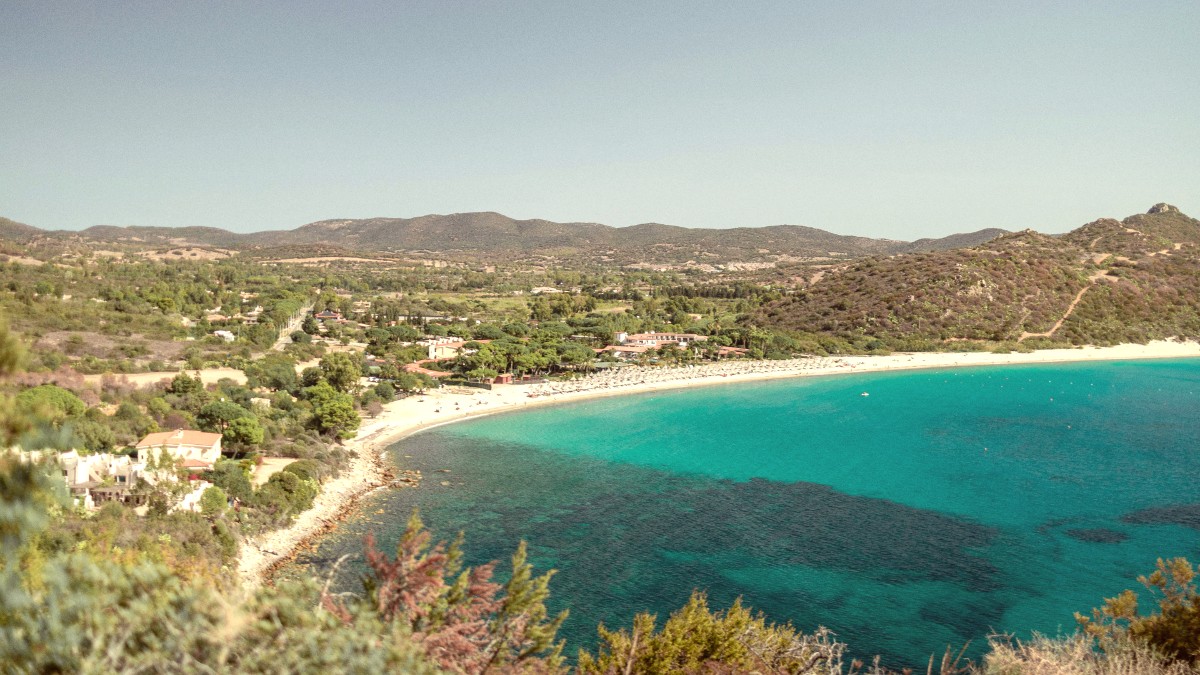
Sardinia, Italy
Protected areas like Tavolara-Punta Coda Cavallo actively work to preserve marine ecosystems.
Adhere to local recycling guidelines and reduce plastic use with reusable bottles.
Sardinia faces water scarcity; be mindful of consumption, especially during dry summers.
Sardinia boasts important protected zones, safeguarding unique marine and terrestrial environments.
Sardinia contains important protected zones, safeguarding unique marine and terrestrial environments.
Look for hotels that promote sustainable practices like energy efficiency and waste reduction.
Selecting tour operators committed to ethical principles supports sustainable tourism development.
Look for hotels that actively promote energy efficiency and waste reduction.
Find Eco-Friendly Stays on EcobnbChoose tour operators that prioritize local sourcing and responsible tourism certifications.
Explore Ethical Tours with G AdventuresBy making informed choices regarding conservation, waste, and consumption, you actively contribute to the preservation of Sardinia's natural beauty for future generations.
Engage with local culture in Sardinia thoughtfully and with respect, recognizing the unique traditions that shape the community.
Sardinia carries a rich heritage, and supporting local preservation initiatives strengthens its unique identity.
Simple gestures of politeness and awareness of local customs foster positive exchanges.
Show reverence when visiting churches and other sacred spaces.
Your spending choices directly affect the community. Prioritizing local businesses makes your visit contribute positively.
Choose locally-owned restaurants, cafes, and shops over international chains.
Purchase local products directly from producers or small independent stores.
Seek out fair trade and ethically sourced goods to uphold responsible practices.
Travel with awareness of your economic footprint, ascertaining your visit genuinely supports and benefits the local community in Sardinia.
Engage with tourism initiatives that directly empower and benefit local populations.
Your purchasing decisions can influence local economies and ethical practices.
Directly choosing local establishments reinforces the unique character of your destination.
Be vigilant against activities that might exploit people or animals, and uphold responsible tourism.
If you wish to make a charitable contribution, directing your donations responsibly ascertains they hold the greatest positive impact.
Donate through established local charities or community projects rather than directly to individuals.
Identify organizations focused on sustainable development, education, or environmental conservation.
If staying longer, explore opportunities for volunteer work that matches your skills.
Avoid situations that appear exploitative or unethical, notably concerning animal interactions or vulnerable populations. Your choices directly influence community well-being.
Make choices that resonate with ethical principles, leaving a positive and lasting legacy on the community.